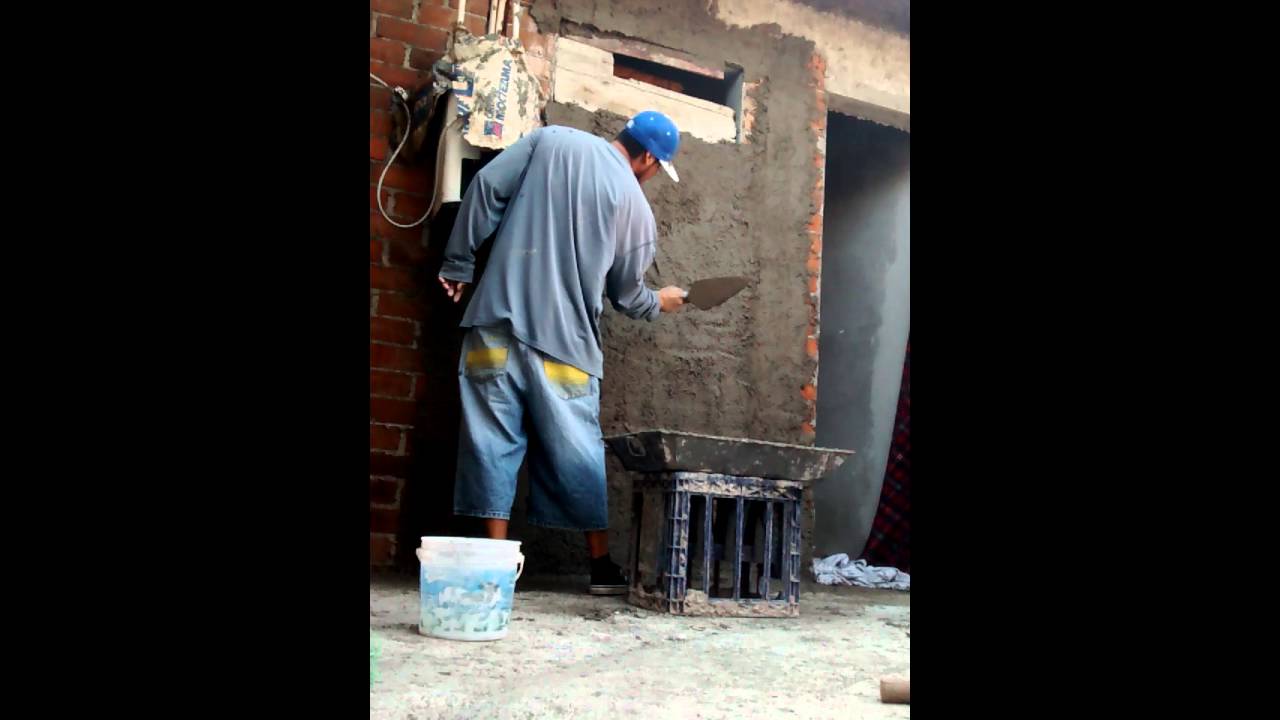5 Tips Contractors

As a contractor, managing a construction project effectively is crucial to ensure its success. With numerous factors to consider, from budgeting and scheduling to safety and quality control, the role of a contractor is multifaceted and demanding. In this article, we will explore five essential tips that contractors can follow to improve their project management skills and deliver successful construction projects.
Key Points
- Develop a comprehensive project plan to guide the construction process
- Establish clear communication channels with clients, architects, engineers, and subcontractors
- Prioritize risk management to mitigate potential issues and minimize delays
- Implement a quality control process to ensure high standards of workmanship
- Monitor and control project costs to avoid budget overruns
Tip 1: Develop a Comprehensive Project Plan

A well-structured project plan is the foundation of a successful construction project. It outlines the scope of work, timelines, budget, and resources required, providing a clear roadmap for the project team to follow. Contractors should develop a detailed project schedule, including milestones and deadlines, to ensure that the project stays on track. According to a study by the Construction Industry Institute, projects that have a well-defined scope and schedule are more likely to be completed on time and within budget, with a success rate of 85% compared to 55% for projects without a clear plan.
Importance of Project Planning
Effective project planning involves identifying potential risks and developing strategies to mitigate them. Contractors should conduct a thorough risk assessment to identify potential issues that could impact the project, such as weather conditions, material shortages, or labor disputes. By developing a comprehensive project plan, contractors can minimize the risk of delays and cost overruns, ensuring that the project is completed successfully.
| Project Planning Stage | Key Activities |
|---|---|
| Initiation | Define project scope, develop project charter, and establish project team |
| Planning | Develop project schedule, establish budget, and identify resources |
| Execution | Implement project plan, monitor progress, and control changes |
| Monitoring and Control | Track project performance, identify and correct deviations, and take corrective action |
| Closure | Formalize project completion, document lessons learned, and evaluate project success |

Tip 2: Establish Clear Communication Channels

Effective communication is critical to the success of a construction project. Contractors should establish clear communication channels with all stakeholders, including clients, architects, engineers, and subcontractors. Regular meetings and progress updates can help ensure that everyone is informed and aligned with the project goals and objectives. A study by the National Institute of Building Sciences found that projects with effective communication protocols have a 75% higher success rate compared to projects with poor communication.
Benefits of Clear Communication
Clear communication can help prevent misunderstandings, errors, and delays, ensuring that the project stays on track. Contractors should also establish a clear chain of command and decision-making process to avoid confusion and ensure that issues are addressed promptly. By fostering a culture of open communication, contractors can build trust with their clients and stakeholders, leading to stronger relationships and increased repeat business.
Tip 3: Prioritize Risk Management
Risk management is a critical aspect of construction project management. Contractors should identify potential risks and develop strategies to mitigate them, such as developing contingency plans, identifying alternative suppliers, and establishing a crisis management team. According to a report by the International Journal of Project Management, projects that have a robust risk management plan in place are 60% less likely to experience significant delays or cost overruns.
Risk Management Strategies
Contractors should conduct regular risk assessments to identify potential issues and develop strategies to mitigate them. This can include implementing safety protocols, conducting regular quality control checks, and establishing a system for reporting and addressing issues. By prioritizing risk management, contractors can minimize the risk of delays, cost overruns, and reputational damage, ensuring that the project is completed successfully.
Tip 4: Implement a Quality Control Process
A quality control process is essential to ensure that the construction project meets the required standards of quality, safety, and performance. Contractors should establish a quality control plan that outlines the procedures for inspecting and testing materials, equipment, and workmanship. According to a study by the American Society of Civil Engineers, projects that have a robust quality control process in place are 80% more likely to meet the required standards of quality and performance.
Benefits of Quality Control
A quality control process can help prevent defects, errors, and omissions, ensuring that the project meets the required standards of quality, safety, and performance. Contractors should also establish a system for reporting and addressing issues, such as a defect reporting system, to ensure that issues are addressed promptly and efficiently. By implementing a quality control process, contractors can ensure that the project is completed to a high standard, reducing the risk of costly rework and reputational damage.
Tip 5: Monitor and Control Project Costs

Effective cost management is critical to the success of a construction project. Contractors should establish a budget and monitor costs regularly to ensure that the project stays within budget. According to a report by the Construction Industry Institute, projects that have a robust cost management plan in place are 70% less likely to experience significant cost overruns.
Cost Management Strategies
Contractors should establish a cost management plan that outlines the procedures for tracking and controlling costs, such as implementing a cost reporting system, conducting regular cost reviews, and establishing a system for approving and managing changes. By monitoring and controlling project costs, contractors can minimize the risk of cost overruns, ensuring that the project is completed within budget and to the required standards of quality and performance.
What is the most critical aspect of construction project management?
+The most critical aspect of construction project management is effective communication. Clear communication channels with all stakeholders, including clients, architects, engineers, and subcontractors, can help prevent misunderstandings, errors, and delays, ensuring that the project stays on track.
How can contractors prioritize risk management?
+Contractors can prioritize risk management by conducting regular risk assessments, developing contingency plans, identifying alternative suppliers, and establishing a crisis management team. By identifying potential risks and developing strategies to mitigate them, contractors can minimize the risk of delays, cost overruns, and reputational damage.
What is the importance of quality control in construction project management?
+Quality control is essential to ensure that the construction project meets the required standards of quality, safety, and performance. A quality control process can help prevent defects, errors, and omissions, ensuring that the project is completed to a high standard, reducing the risk of costly rework and reputational damage.
Meta Description: Discover 5 essential tips for contractors to improve their project management skills and deliver successful construction projects, including developing a comprehensive project plan, establishing clear communication channels, prioritizing risk management, implementing a quality control process, and monitoring and controlling project costs.



